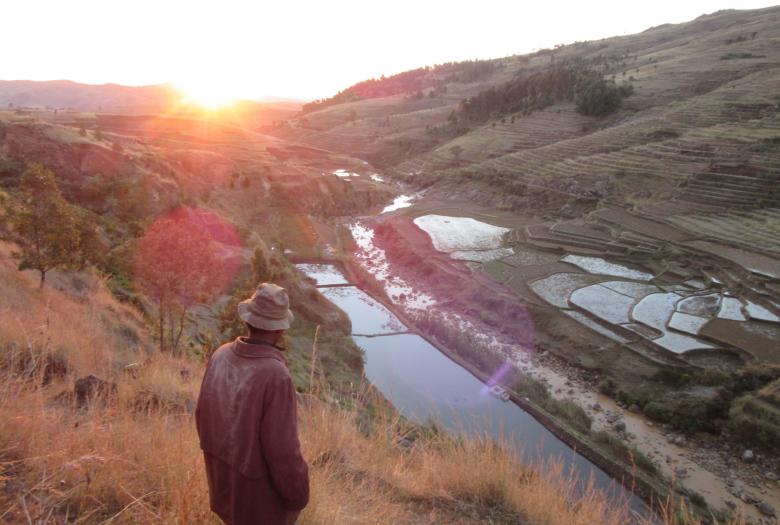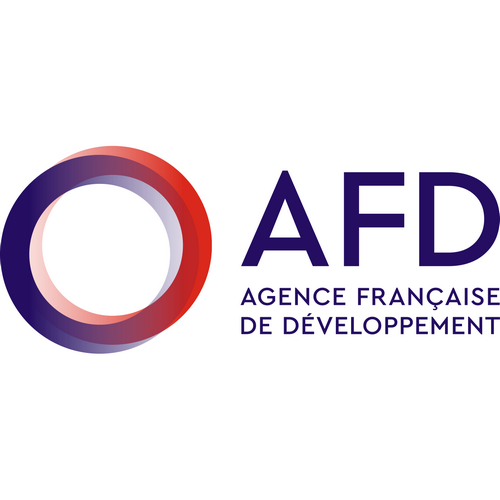PADAP.
To reduce the degradation of natural resources and increase the added value of the productive sectors, AFD - co-financed by the World Bank and the Global Environment Facility - supports a pilot project for the development of agriculture through "Landscape".
Context
Madagascar is a rural country. Of a population of twenty million inhabitants, 80% reside in the countryside. However, the country is not self-sufficient in essential products and regularly imports rice, flour, sugar, milk powder, oil. Agricultural productivity remains low, leading to deep and widespread rural poverty.
Although Madagascar has a real agricultural potential (diversity of environments, availability of land, labor, etc.), erosion and soil degradation limit productivity. The development of agriculture will have to be done by preserving the natural capital, that is to say by an intensification respectful of the environment.
Experience shows that it is necessary to improve irrigated agriculture to work simultaneously on irrigated perimeters and their watersheds: this is the "BV PI" approach promoted by the Ministry of Agriculture. The landscape approach proposes to extend this approach to five selected regions.
Description
The overall objective of the project is to increase agricultural productivity related to sustainable management of natural resources in 5 selected landscapes, in 4 regions of Madagascar (Sava, Analanjirofo, Sofia and Boeny).
The project is the first phase of a series. It must validate the relevance of the landscape approach and lead to scaling up where appropriate, with the support of other financial partners.
It will test the hypothesis that the actions allowing a better agricultural production and a better productivity are closely related to the actions of promotion of a better management of the resources.
More specifically, the objectives are:
- increase access to irrigation services and sustainable farming techniques and practices
- strengthen the integrated management of natural resources by local actors in the targeted landscapes.
Impacts
At the economic level: improvement of the productivity and the income of the farms, thanks in particular to the diversification and the agro-ecological intensification, the development of chains of rent, in support to the realization of productive investments and the opening up of the production areas on the basis of sustainable landscape management plans.
At the environmental level: promotion of agroecological practices and reforestation (wood energy); management of ecosystems and protected areas.
At the institutional level: capacity building of the central administration and local actors, protected area managers, water user associations; capitalization of results and good practices in the form of political notes.


